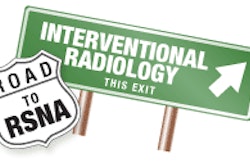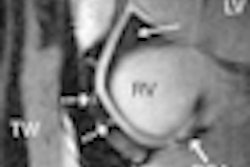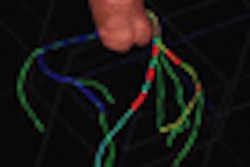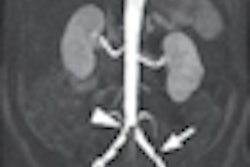Simon Yu, MD, and colleagues from the Chinese University of Hong Kong will present results from the first 70 patients of a total 200 who will eventually be included in a study to compare TACE to TEA for unresectable HCC.
Patients with very large lesions (> 15 cm) or more than five lesions were excluded, and the primary end point of the study was patient survival. The investigators also looked at the rate of complete response at six and 12 months by European Association for the Study of the Liver (EASL) criteria, as well as time to progression.
TEA procedures employed no more than 60 mL of 66% lipiodol-ethanol mixture, while TACE was performed with 10 to 30 mg of cisplatin-lipiodol emulsion followed by gelatin sponge embolization. Patients received the first two treatments at two-month intervals and CT scans at three-month intervals.
For TEA, in 32 patients the complete response rates at six and 12 months were 28.12% and 25%, respectively, versus 20% and 6.67% for the TACE group. Time to progression was 5.0 ± 2.98 months for TEA versus 3.62 ± 3.29 for TACE. Also, better one- and two-year survival was seen with TEA at 81.25% and 71.87%, respectively, versus 66.67% and 56.67% for TACE. Results are trending better for TEA, Yu said, but so far not significantly in the first group of patients.



















